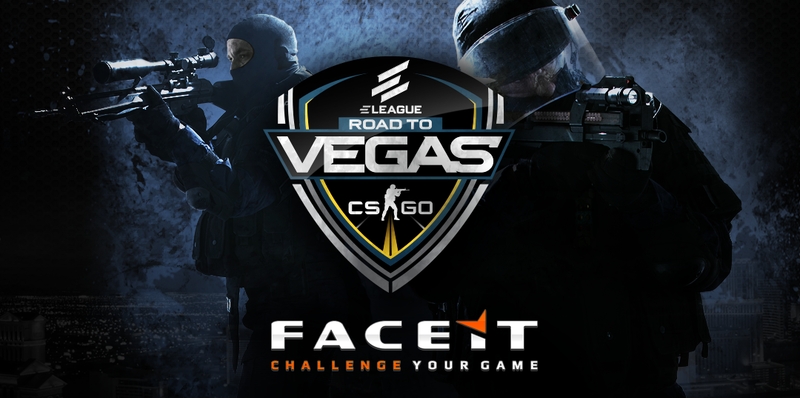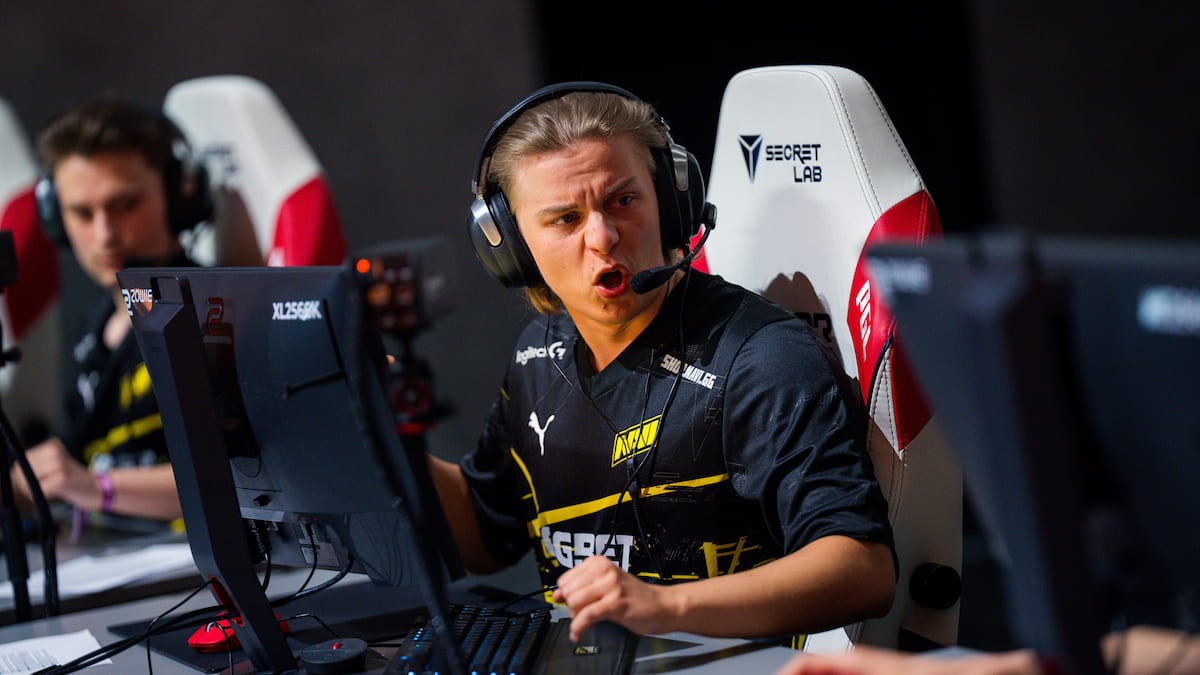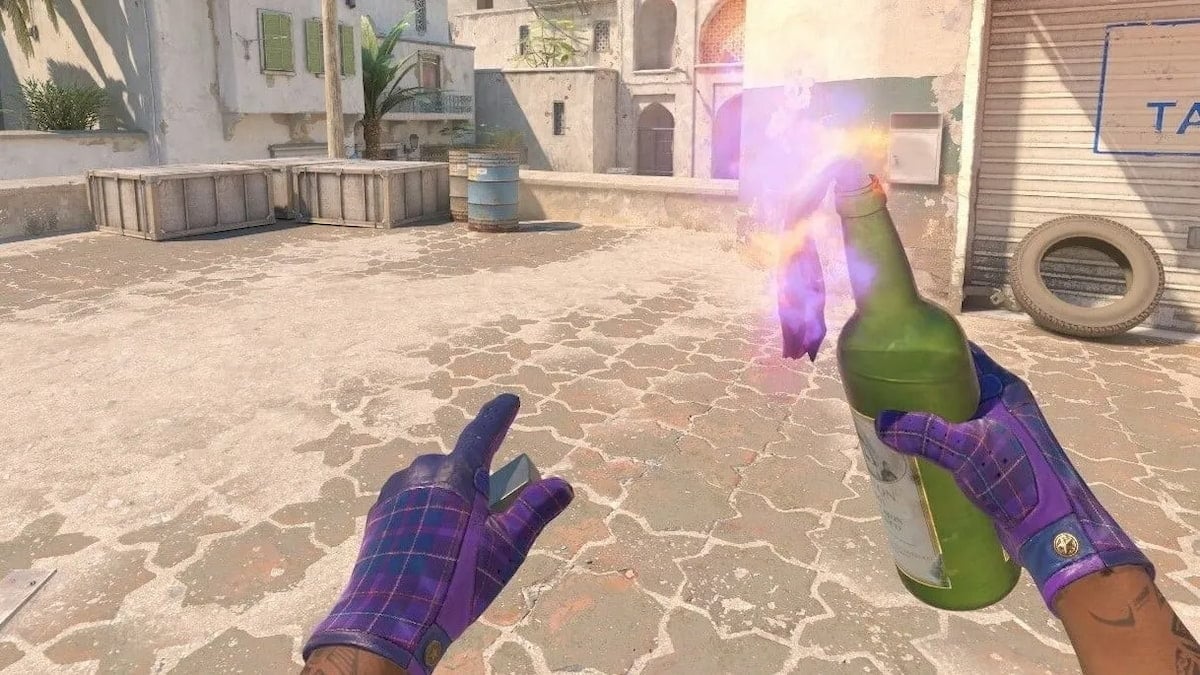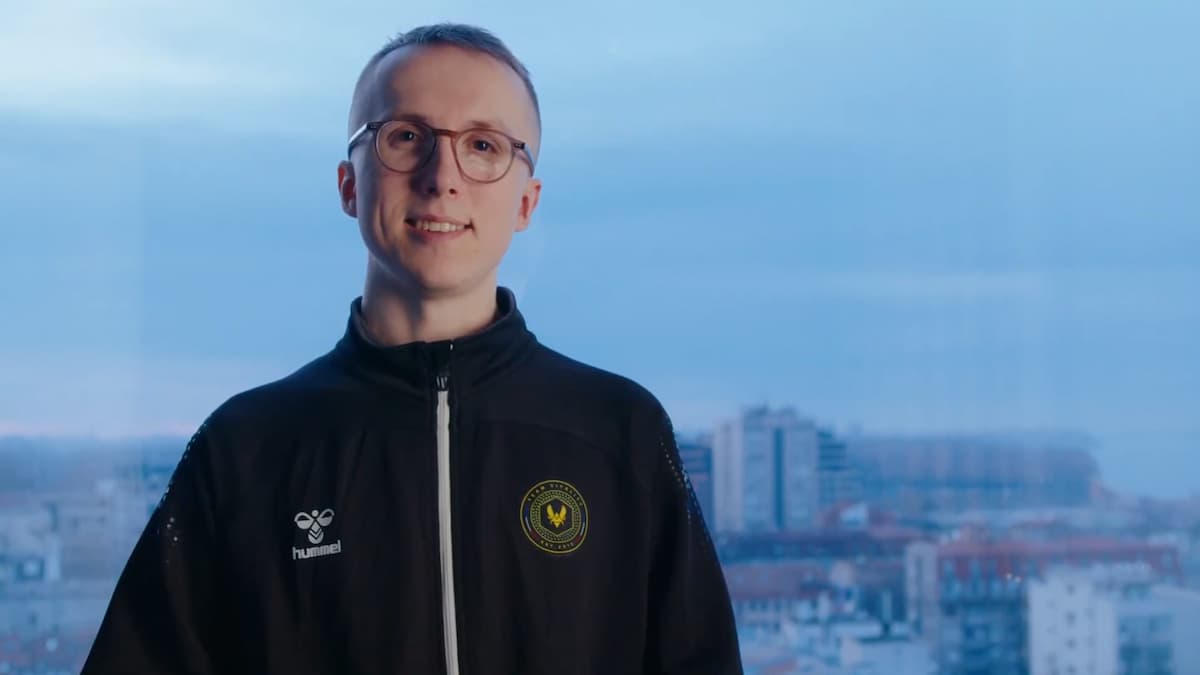A series of half-serious suggestions for the world of esports as it moves forward into the world of television. In part one, we look at the notion of bad guys used in sports, fiction, and fictional sports, and their importance in regards to narrative.

Before we know it, competitive gaming is going to be back on TV, alongside traditional sports. In fact, the national TV channel that E-LEAGUE will be featured on, TBS, will probably be featuring one of the most watched sporting events, the March Madness collegiate basketball tournament, alongside competitive Counter-Strike. Following the growth of CS:GO that we saw in 2015, the outlook on 2016 is very bright, and the step towards appearing on national television on a regular basis is quite a large one. But the success of many television programs, fictional or otherwise, is owed to the part played by the villains. And the villainous role is one that some competitive gamers should take up, and for very good reasons.
Part One: Score One for the Bad Guys
The Lannisters from Game of Thrones, the Fire Nation of Avatar: The Last Airbender, Aku from Samurai Jack, the Governor from The Walking Dead. These are some of my favorite characters/families/groups from some of my favorite TV shows, and they’re all villains. The Fire Nation is the cartoon equivalent of Nazi Germany (genocide, aggressive militarization). The Lannisters have been responsible for more deaths than fire-breathing dragons. The Governor is the most dangerous thing in a world that’s filled with zombies. And Aku is a shape-shifting demon lord. Not only are these characters powerful, and their actions impactful, but they have depth and background and dynamic motives. They’re interesting, they’re not just generic bad guys performing villainy for villainy’s sake.
The borrowing of villainous traits by professional athletes has already been seen, with success. And I’m not talking about players committing crimes, or breaking the rules, or cheating, or what have you. I’m talking about declaring evil intentions, betrayal, mockery; all the staples of what makes a bad guy a great bad guy. And one of the best bad guy moments in recent sports history, is LeBron James joining the Miami Heat.

After the 2009-2010 NBA season, LeBron James, after winning his second MVP award and getting knocked out of the playoffs in the second round, announced via a TV special known as “The Decision” that he was leaving the Cleveland Cavs to join Dwyane Wade and Chris Bosh on the Miami Heat. While LeBron did raise a lot of money for charity, and has stated that he regrets the way he made his decision, at the time, The Decision was classic villain work. First there’s the knife in the back to not just his hometown team, but a city that’s been cursed with sports mediocrity, and a city that worshipped the ground he walked on.
And when he arrived in his Miami, the villainous trio’s declaration to win not one, not two, not three, and so on and son, placed fear in the hearts of the all other NBA fans that an evil dynasty had formed in South Beach. So when the terrible trio made it to the NBA finals that year, one of the most watched Finals in recent times, most viewers rooted for the underdog Dallas Mavericks, and the Mavs’ victory in that series was a fitting end for the villainous Heat’s first year.
But just like how the Empire struck back, so too did the Miami Heat after their initial defeat, winning the next two NBA Finals before losing badly in their fourth Finals appearance, their last before LeBron James left to return to Cleveland. LeBron’s portrayal of a villain on the court was more than just winning titles. It was little things like winking after getting away with a flop, choosing to don a black mask after an injury, and delivering a top notch evil stare. But the people who play villains on TV aren’t bad people in real life, and neither is LeBron James. Off the court, he’s a very well-respected role model. But given the role he was thrust into, LeBron embraced the hate, and became a powerful on-the-court villain you could root against any night.

So LeBron was a good villain, but why are villains important? Well, in works of fiction, villains are important, but why are they so in sports and competition? Because villains are important in storytelling, and sports are a bastion of storytelling that’s performed through competition. And the best part is that everyone gets to help write the story: the players, the coaches, the organizations, and even the fans. And esports is just the same. Think of the stories in esports this year: the struggles and successes of North American Counter-Strike, the at long last LCS championship for CLG before they fell apart, Evil Geniuses and Fear finally winning the International. These are good stories, but what’s missing for them to be great stories, is a quality villain.
Now I know you’re asking, aren’t there bad guys in esports already? Yes, but they’re not the bad guys you’re looking for (insert Jedi hand motion). There’s a difference between someone who’s a good villain and someone who’s bad for the scene. The people who are toxic in-game, they’re bad for the scene. The guys who cheat and throw for skins, they’re bad for the scene. When I say that there needs to be a villain, this is what I mean:
I want a team or a player that is non-stop trash talk. They think they’re the greatest players to sit down at a mouse and keyboard and they won’t stop talking until everyone knows it. They keep it clean, they don’t get toxic, but the disrespect and the cockiness should be present with every word. They don’t say GG at the end of the game. They might shake your hand, and if they do, they probably won’t look at you. On social media, the thank you’s from fans go unresponded, but any criticism or badmouthing is met quickly with extra salt. What esports needs, is a team that the fans love to hate, and for the right reasons.
The best part is that this team of villains doesn’t even have to be comprised of bad guys. The person behind the player could be the nicest guy in the world when they’re not at their computer. They could even just be themselves when they’re streaming on a personal channel, or doing an interview. But once they’re locked into that competitive role, they go all out as the bad guy. It doesn’t even have to be a player, it can be a team owner, or a commentator, or any personality. Now that I think about it, it’s not a villain we need in esports, but a heel.
 Hulk Hogan’s unprecedented heel turn helped elevate WCW’s ratings
Hulk Hogan’s unprecedented heel turn helped elevate WCW’s ratings
Now, what is a heel, you may ask? A heel is a professional wrestler who is booked as the villainous antagonist, and heels are probably the most respected bad guys in any work of fiction. Because that’s what wrestling is, it’s not “fake,” it’s fiction. It’s a fictional comedy/drama about a wrestling promotion. And some of the best characters in wrestling history have been bad guys. When Dwayne “The Rock” Johnson first started wrestling, he went by the name of Rocky Maivia, and he was a generic goody two-shoes babyface (the wrestling term for heroic, good guy) who was booed mercilessly because he was so boring. It wasn’t until he became a trash-talking heel that he developed the character of “The Rock”, and became one of the most beloved wrestlers of all time. But when he’s not in the ring, that character doesn’t come with him. Outside of wrestling, he’s simply Dwayne Johnson.
This is the way I think someone should approach being the bad guy in esports, not as a way of life, but as a gimmick. The fans are given someone they enjoy rooting against, and they can also appreciate the villain for the work that he does. And if they should find competitive success while playing the bad guy, so what? The good guys shouldn’t always win.
Now, who can play this villain? Who’s up for the task? Unfortunately it can’t be me, I can’t even pick the evil choices in RPGs, let alone act like a villain. But maybe we can get an European CS:GO team to badmouth North America all day, establishing themselves as the villain of American fans. The super-stacked new TSM roster in the LCS could easily claim the villain’s role. There’s a lot of opportunities for teams and players to take up the role as the villain of esports, but I understand that it’s a thing that probably won’t happen. But, can good exist without evil?







Published: Dec 22, 2015 01:03 pm